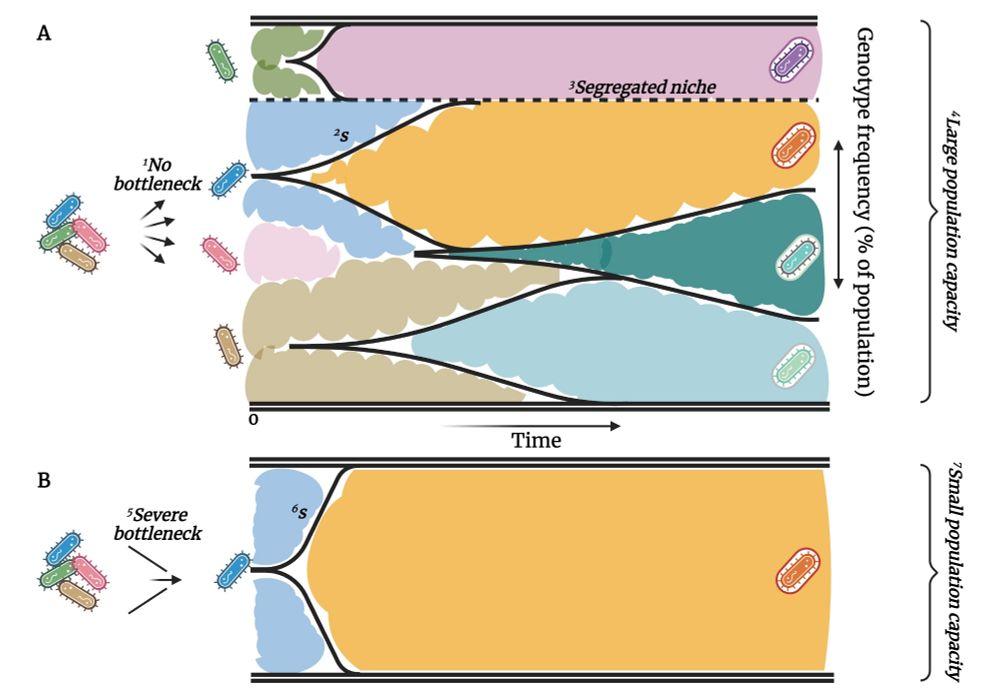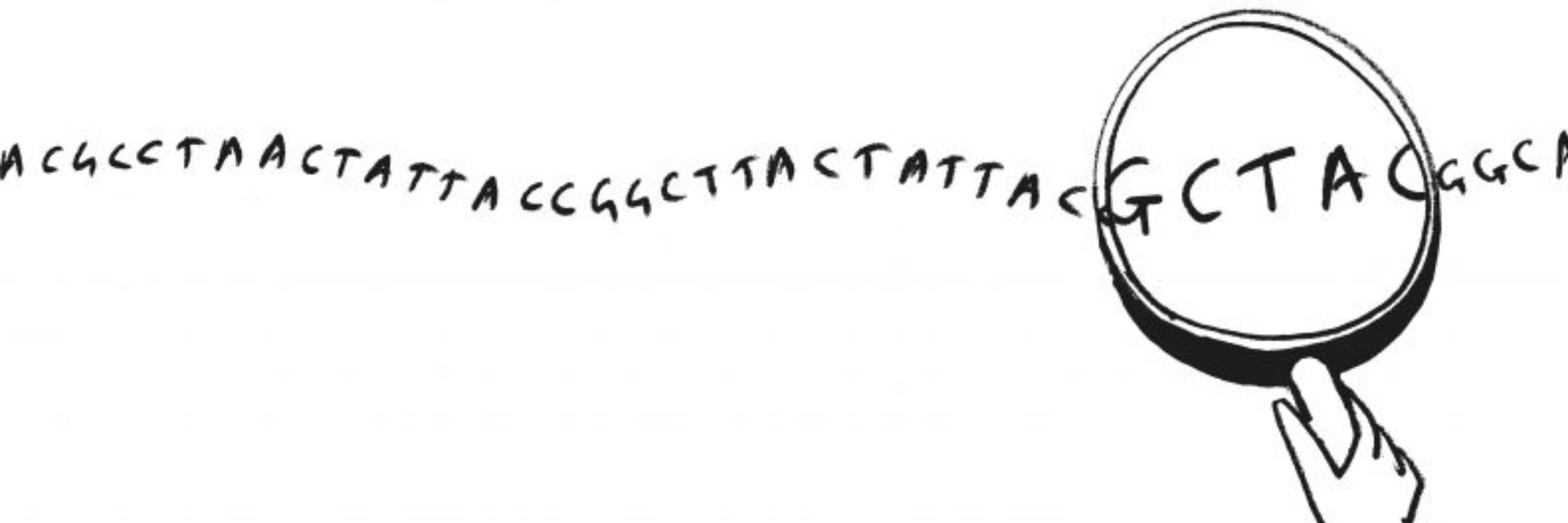
https://tiffanybtaylor.wordpress.com/






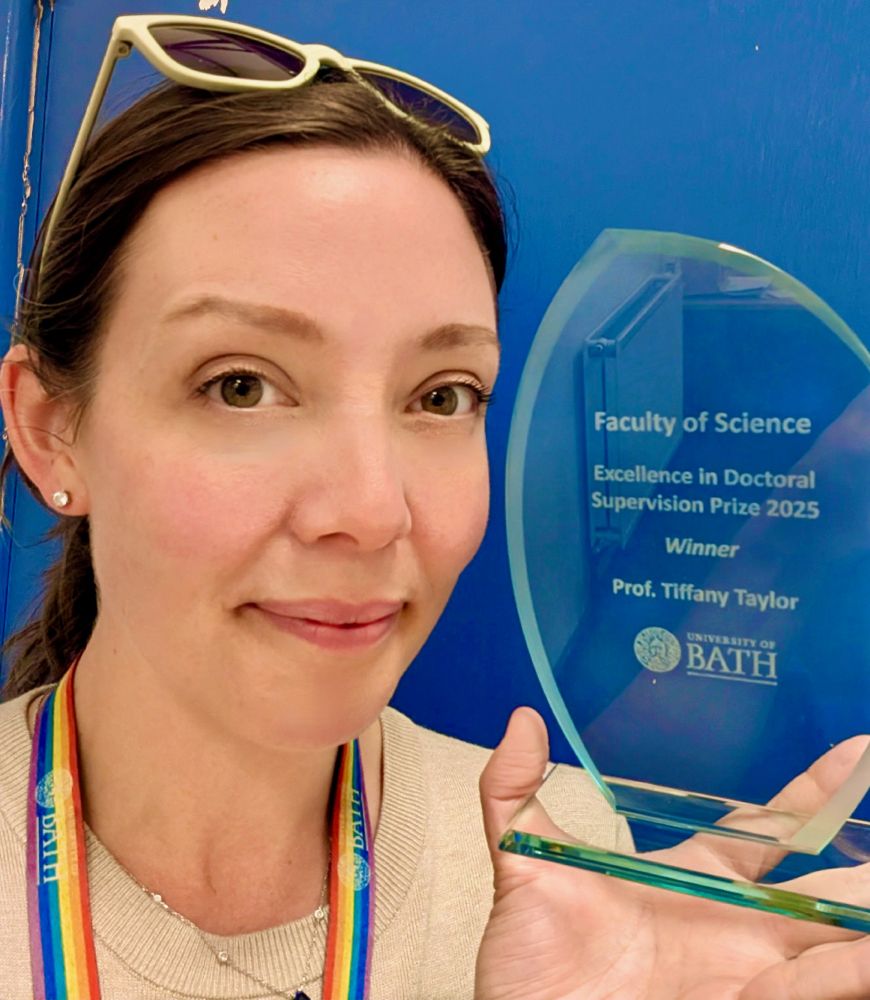
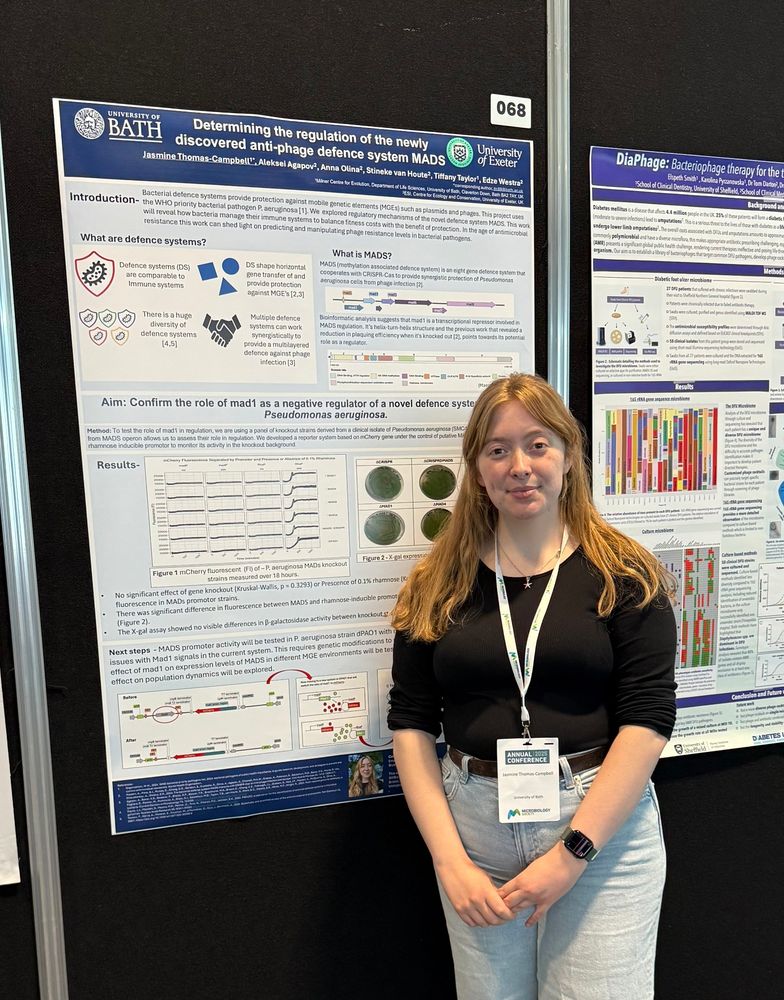
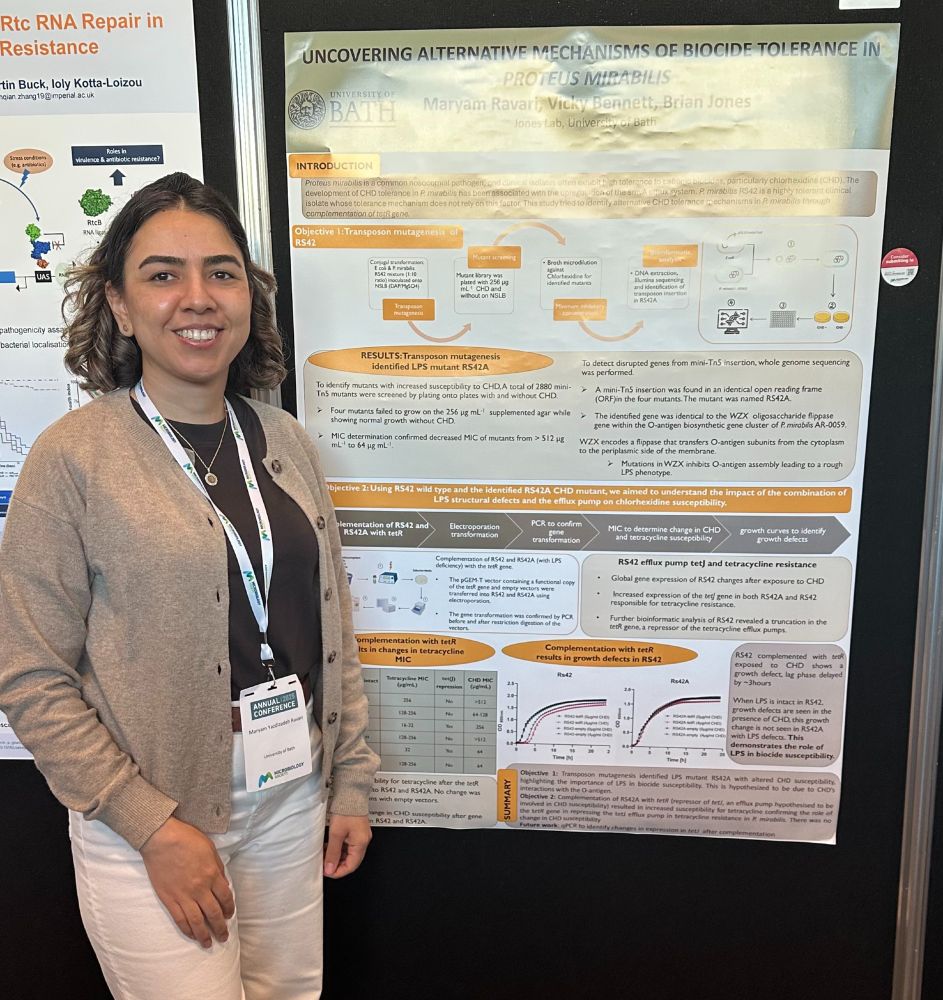


tiffanybtaylor.wordpress.com/people/


tiffanybtaylor.wordpress.com/people/
@multidefence.bsky.social team. Welcome!

@multidefence.bsky.social team. Welcome!








Alan Rice (not here) in our lab group (although - once in the Taylor Lab, always in the Taylor Lab). His kindness, fun energy, bioinformatic magic, and fierce intellect will be sorely missed. UC Dublin are very lucky to nab him.

Alan Rice (not here) in our lab group (although - once in the Taylor Lab, always in the Taylor Lab). His kindness, fun energy, bioinformatic magic, and fierce intellect will be sorely missed. UC Dublin are very lucky to nab him.
Prof L Hurst. Deadline 11th Feb, Start Sept 2024, Funding available for home students (Sorry). #scicomm *Pls RP* www.findaphd.com/phds/project...

Prof L Hurst. Deadline 11th Feb, Start Sept 2024, Funding available for home students (Sorry). #scicomm *Pls RP* www.findaphd.com/phds/project...


